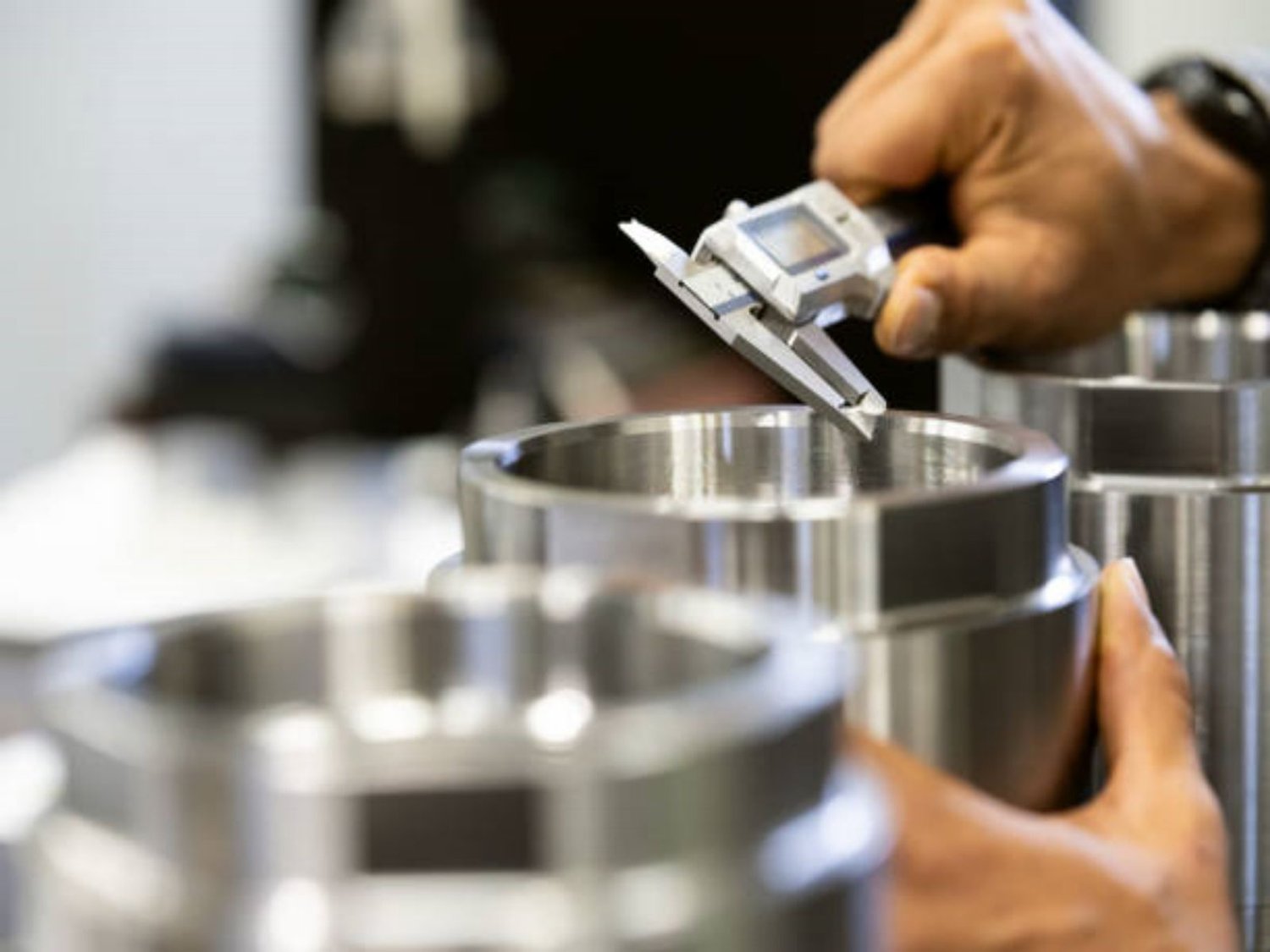Table of Contents

The Advantages of Titanium Plates in Precision Engineering
When it comes to precision engineering, the choice of materials plays a crucial role in the success of any project. One material that has gained significant attention in recent years is titanium. Titanium plates offer numerous advantages in precision engineering, making them an ideal choice for a wide range of applications. In this article, we will explore the various benefits of using titanium plates in precision engineering.
1. Superior Strength and Durability
Titanium is renowned for its exceptional strength-to-weight ratio. It is one of the strongest and most durable materials available, making it perfect for precision engineering applications. Titanium plates can withstand heavy loads and resist deformation even under extreme conditions. This strength and durability ensure that components made from titanium plates have a longer lifespan, reducing the need for frequent replacements and repairs.
2. Lightweight Nature
Despite its impressive strength, titanium is incredibly lightweight. This characteristic makes it highly desirable in precision engineering, as it allows for the creation of lightweight components without compromising on strength and durability. By using titanium plates, engineers can reduce the overall weight of structures and machinery, leading to improved efficiency and lower energy consumption.
3. Excellent Corrosion Resistance
One of the key advantages of titanium plates in precision engineering is their exceptional corrosion resistance. Titanium has a natural oxide layer that protects it from corrosion caused by moisture, chemicals, and other environmental factors. This resistance to corrosion makes titanium plates suitable for use in harsh and corrosive environments, such as marine applications and chemical processing plants.
4. Biocompatibility
Titanium is biocompatible, meaning it is compatible with living tissues and can be safely used in medical and dental applications. Titanium plates are widely used in precision engineering for the manufacturing of medical implants, such as orthopedic implants and dental prosthetics. The biocompatibility of titanium ensures that these implants integrate well with the body, reducing the risk of rejection and promoting faster healing.
5. Heat and Cold Resistance
Titanium plates exhibit excellent heat and cold resistance, making them suitable for precision engineering applications that involve extreme temperatures. Titanium can withstand high temperatures without losing its mechanical properties, making it ideal for industries such as aerospace and automotive. Additionally, titanium remains strong and resilient even in extremely cold conditions, making it suitable for cryogenic applications.
6. Low Thermal Expansion
Titanium has a low thermal expansion coefficient, which means it expands and contracts minimally with changes in temperature. This characteristic is particularly advantageous in precision engineering, as it helps maintain the dimensional stability of components. Titanium plates can withstand temperature variations without warping or distorting, ensuring the accuracy and reliability of precision-engineered structures and machinery.
7. Excellent Fatigue Resistance
Repeated stress and strain can cause materials to fatigue and eventually fail. However, titanium exhibits excellent fatigue resistance, allowing it to withstand cyclic loading and prolonged use without experiencing a significant reduction in performance. This fatigue resistance makes titanium plates highly reliable and long-lasting in precision engineering applications where durability is paramount.
8. High Melting Point
Titanium has a high melting point, making it suitable for applications that involve high temperatures. Unlike other metals that may melt or deform under extreme heat, titanium plates retain their structural integrity even at elevated temperatures. This characteristic makes titanium an excellent choice for precision engineering applications that require resistance to heat and thermal stress.
9. Electrical Conductivity
While titanium is not as conductive as copper or aluminum, it still possesses reasonable electrical conductivity. This property makes titanium plates useful in precision engineering applications that require a combination of strength, durability, and electrical conductivity. Titanium is often used in the manufacturing of electrical connectors, electrodes, and components for electronic devices.
10. Aesthetically Pleasing
Aside from its functional advantages, titanium plates also offer aesthetic benefits in precision engineering. Titanium has a unique silver-gray color and a smooth surface finish that gives it a modern and luxurious appearance. This aesthetic appeal makes titanium plates a popular choice for architectural and design applications, adding an elegant touch to various structures and products.
titanium plates, precision engineering, advantages, strength, durability, lightweight, corrosion resistance, biocompatibility, heat resistance, cold resistance, thermal expansion, fatigue resistance, melting point, electrical conductivity, aesthetics Advantages of Titanium Plates in Precision Engineering Discover the numerous advantages of using titanium plates in precision engineering, including superior strength, durability, lightweight nature, corrosion resistance, biocompatibility, and more.
